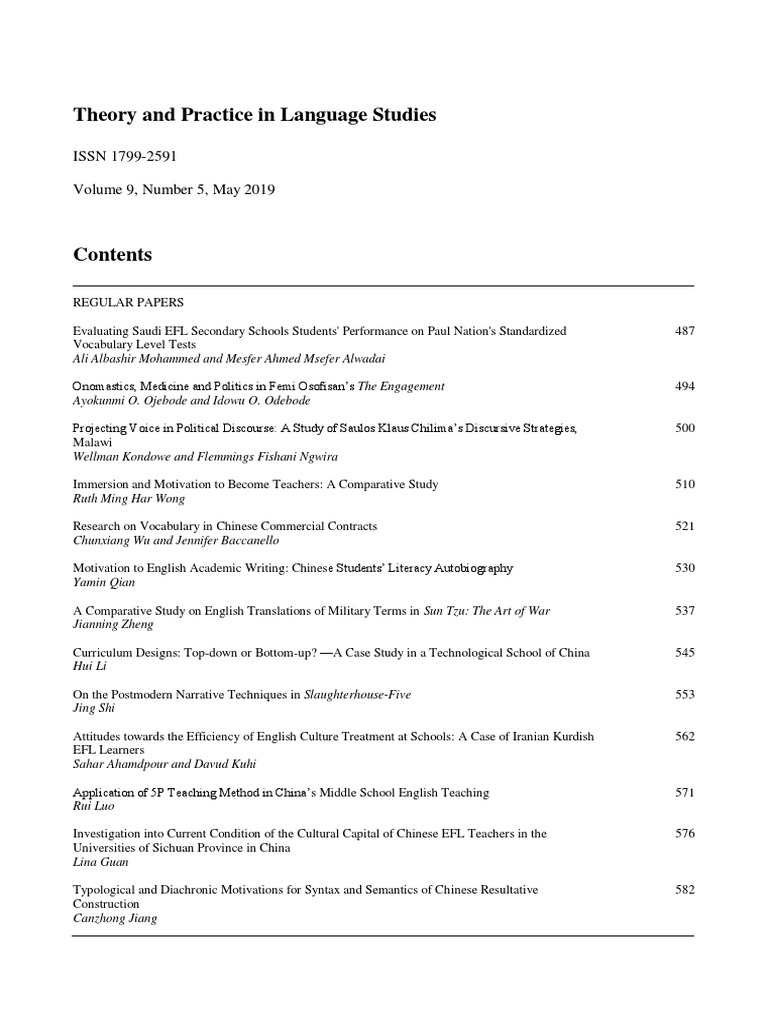Kazuo Ishiguro's Novels: A Study Of Remembrance And Oblivion

Table of Contents
The Power of Suppressed Memory in Ishiguro's Fiction
Ishiguro utilizes the concept of repressed memory as a powerful driving force in his narratives. The characters’ inability or unwillingness to confront painful truths shapes their actions and ultimately, their destinies. This suppression of memory isn't always intentional; it can be a coping mechanism, a form of self-preservation in the face of overwhelming trauma.
-
Examination of Stevens's repressed emotions in The Remains of the Day and the consequences of his loyalty: Stevens, the steadfast butler, represses his feelings for Miss Kenton and his awareness of Lord Darlington's involvement with fascism. This emotional repression defines his life, leaving him with a profound sense of regret and isolation in his old age. His meticulous adherence to duty becomes a form of self-deception, shielding him from confronting the painful realities of his past.
-
Analysis of Kathy's gradual understanding of her predetermined fate in Never Let Me Go: Kathy, along with her friends Tommy and Ruth, grapples with the horrific truth of their existence as clones destined for organ harvesting. Their gradual understanding of their predetermined fate, a truth initially suppressed, leads to a profound exploration of identity, love, and the acceptance of mortality. The initial denial acts as a shield against the crushing weight of their reality.
-
Discussion of the unreliable narration and the gradual unveiling of hidden truths in When We Were Orphans: The unreliable narration in When We Were Orphans mirrors the protagonist's fragmented and potentially false memories, creating a compelling mystery and forcing the reader to question the very nature of truth and remembrance. The gradual unveiling of hidden truths underscores the fallibility of memory and the subjective nature of personal history.
-
How the act of remembering (or forgetting) shapes character identity and action: In all of Ishiguro’s novels, the act of remembering (or strategically forgetting) is not a passive process, but one that actively shapes the characters’ identities and influences their actions, often with devastating consequences. The characters' attempts to reconcile their past selves with their present lives form the core conflict of many of his narratives. This intricate dance between remembrance and oblivion is central to understanding the psychological depth of Ishiguro's characters.
Exploring the Blurred Lines Between Remembrance and Oblivion
Ishiguro masterfully blurs the lines between remembrance and oblivion, creating ambiguity and uncertainty that mirrors the complexities of human memory itself. Memory, in Ishiguro's work, is rarely a clear, consistent record of the past.
-
The subjective nature of memory and its susceptibility to distortion: Ishiguro showcases the subjective nature of memory, its vulnerability to distortion, and its capacity to be shaped by individual perspectives, desires, and societal pressures. The past is not a fixed entity but rather a fluid and malleable construct.
-
How Ishiguro uses fragmented memories and unreliable narrators to create suspense and ambiguity: The use of fragmented memories and unreliable narrators heightens the suspense and ambiguity, compelling the reader to actively participate in the reconstruction of the past, engaging with the narrative on a deeper, more analytical level.
-
The exploration of "post-memory" – the inherited trauma and its influence on subsequent generations: Ishiguro’s work frequently explores “post-memory,” the inherited trauma and its influence on subsequent generations. In Never Let Me Go, the clones' experience reflects a post-memory of human manipulation and exploitation. Similarly, An Artist of the Floating World explores the lingering impact of Japan’s wartime past on its citizens and their subsequent attempts at reconciliation and self-justification.
-
The role of setting and atmosphere in shaping the characters' memories and perceptions: The atmospheric settings in Ishiguro's novels play a crucial role in shaping the characters' memories and perceptions, evoking specific emotions and influencing their interpretation of past events. The decaying grandeur of the English countryside in The Remains of the Day underscores the crumbling remnants of a bygone era and the fading memories associated with it.
Identity Formation and the Weight of the Past
Ishiguro explores the intricate relationship between memory, identity, and the past, demonstrating how our past experiences fundamentally shape who we become. The characters in his novels are often haunted by their past actions and compelled to grapple with the consequences of their choices.
-
How characters grapple with their past actions and their impact on their present selves: Ishiguro's characters are constantly wrestling with the weight of their past actions and their impact on their present selves. They are forced to confront moments of regret, guilt, and the lingering effects of decisions made in the past.
-
The exploration of guilt, regret, and the search for self-understanding through remembrance: The exploration of guilt and regret serves as a catalyst for self-discovery and prompts a profound search for self-understanding through the painstaking process of remembrance. This process is often painful and fraught with difficulty.
-
The construction of personal identity through the selective remembering and forgetting of experiences: The construction of personal identity is intimately linked to the selective remembering and forgetting of past experiences. This carefully curated narrative of the self is often a defense mechanism, a way to preserve a sense of self-worth in the face of challenging or traumatic memories.
-
The impact of societal pressures and historical events on individual identity formation (e.g., post-war Japan in An Artist of the Floating World): Ishiguro expertly illustrates how societal pressures and historical events significantly influence individual identity formation. The historical context of post-war Japan in An Artist of the Floating World, for example, profoundly shapes the characters' identities and their attempts to reconcile with their past.
Conclusion
Kazuo Ishiguro's novels offer a profound and nuanced exploration of remembrance and oblivion, delving into the complexities of human memory and its indelible impact on identity formation. Through his masterful use of unreliable narrators, fragmented memories, and ambiguous narratives, Ishiguro compels readers to confront the subjective nature of the past and its enduring influence on the present. By studying the themes of repressed memory, the blurred lines between remembrance and oblivion, and the weight of the past on identity, we gain a deeper appreciation for the human condition as depicted through Ishiguro's unique and compelling literary style. To further explore the intricate relationship between memory and identity in Ishiguro's works, delve into his bibliography and consider the critical analyses available on the subject of Kazuo Ishiguro's novels and the power of remembrance and oblivion in shaping human experience.

Featured Posts
-
 Open Ai Facing Ftc Investigation A Deep Dive Into Chat Gpt And Regulatory Concerns
May 26, 2025
Open Ai Facing Ftc Investigation A Deep Dive Into Chat Gpt And Regulatory Concerns
May 26, 2025 -
 La Justice Contre Marine Le Pen Un Jalon Dans L Histoire Politique
May 26, 2025
La Justice Contre Marine Le Pen Un Jalon Dans L Histoire Politique
May 26, 2025 -
 New Developments In Hamilton Case Mercedes Investigation Underway
May 26, 2025
New Developments In Hamilton Case Mercedes Investigation Underway
May 26, 2025 -
 Klasemen Moto Gp 2025 Tantangan Bagi Marc Marquez
May 26, 2025
Klasemen Moto Gp 2025 Tantangan Bagi Marc Marquez
May 26, 2025 -
 A Cross Country Romance In Dc A Tragic End
May 26, 2025
A Cross Country Romance In Dc A Tragic End
May 26, 2025
Latest Posts
-
 Ipswich Town Player Performances Mc Kenna Positive Phillips And Cajuste Need Improvement
May 28, 2025
Ipswich Town Player Performances Mc Kenna Positive Phillips And Cajuste Need Improvement
May 28, 2025 -
 Mc Kennas Strong Week Highlights Ipswich Towns Mixed Performance
May 28, 2025
Mc Kennas Strong Week Highlights Ipswich Towns Mixed Performance
May 28, 2025 -
 Ipswich Towns Week In Review Mc Kenna Shines Phillips And Cajuste Struggle
May 28, 2025
Ipswich Towns Week In Review Mc Kenna Shines Phillips And Cajuste Struggle
May 28, 2025 -
 Leeds United Transfer Update Phillips Future Uncertain
May 28, 2025
Leeds United Transfer Update Phillips Future Uncertain
May 28, 2025 -
 The Kalvin Phillips To Leeds United Transfer Saga
May 28, 2025
The Kalvin Phillips To Leeds United Transfer Saga
May 28, 2025
